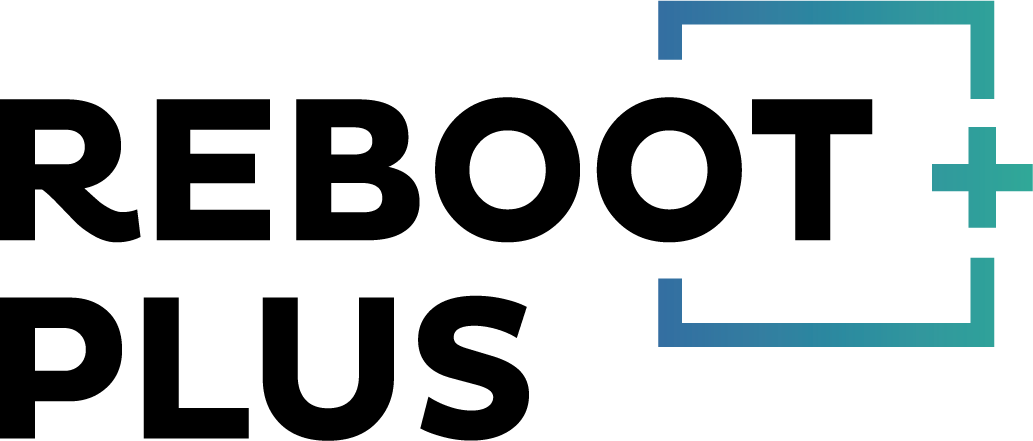Statistics show unemployment running as low as it’s ever been, record-high job vacancy numbers and unprecedented labour force participation rates. The labour market is “the tightest it’s been in half a century,” says economist Armine Yalnizyan in an interview. “It’s happening all through the global north, wherever there was a baby boom after the Second World War.” The most recent figures from Statistics Canada show 991,680 job vacancies in Canada during the third quarter of 2022.
Aging Population
 The country’s aging population is contributing to the decline of workers in Canada. According to this Statistics Canada Census Report, Baby Boomers currently make up 25.9% of the labour force. As a result of the pandemic, many chose early retirement, with many more aging out shortly. The upcoming Gen Z lags at 17.6% of the workforce. The number of seniors aged 65 and older grows six times faster than children 0-14. This increases labour challenges for Canadian companies and businesses.
The country’s aging population is contributing to the decline of workers in Canada. According to this Statistics Canada Census Report, Baby Boomers currently make up 25.9% of the labour force. As a result of the pandemic, many chose early retirement, with many more aging out shortly. The upcoming Gen Z lags at 17.6% of the workforce. The number of seniors aged 65 and older grows six times faster than children 0-14. This increases labour challenges for Canadian companies and businesses.
Compensation
With more than 40 years of labour surplus, businesses have been able to attract workers easily. With an increasing ability to pick and choose jobs, employees are now seeking more perks: increased pay, more flexibility in their work schedules and locations, improved working conditions, and more benefits. “I’m not sure that it’s so much a shortage of workers as a shortage of employers that are willing to pay the wages necessary to get people to work for them,” said Don Wright, fellow with the Public Policy Forum think tank. “Businesses that are raising wages and improving working conditions, offering more flexibility in how people take time off or offering more benefits are finding it much easier to fully staff their businesses,” says Yalnizyan.
Changing Mindsets
According to a Statistics Canada report last year, less than two-thirds of businesses plan to offer current employees a wage increase, less than half plan to boost wages to lure new hires, and one in five plan to enhance employee benefits in the face of labour shortages. Instead, businesses expect staff to work more. “I’m not sure that it’s so much a shortage of workers as a shortage of employers that are willing to pay the wages necessary to get people to work for them,” said Wright. The government’s response has a record number of temporary foreign workers filling vacant positions. These workers can now make up 30 per cent of an employer’s workforce in certain sectors. “This notion of, ‘I’m a business, I can’t get workers to work at the wage I want to pay, therefore the government should fix that problem,’ I just think is really misguided,” Wright said in an interview.
Generational Differences
 Generation Z workers are prioritizing their own needs and view work differently than past generations. This generation is markedly a global generation – connected to one another at record speeds. They are focused on social causes, climate change, technology, and mental health. They are more concerned about making an impact and contributing in a meaningful way to the world around them. They’re comfortable navigating a complex world and have confidence to express themselves as they move through life.
Generation Z workers are prioritizing their own needs and view work differently than past generations. This generation is markedly a global generation – connected to one another at record speeds. They are focused on social causes, climate change, technology, and mental health. They are more concerned about making an impact and contributing in a meaningful way to the world around them. They’re comfortable navigating a complex world and have confidence to express themselves as they move through life.
____
The Reboot Plus program is designed for youth 17 to 24 who have not finished or are not on track to graduate high school. This first-of-its-kind program in Canada helps youth re-engage in both education and career development. The program offers young people a chance to meet four to seven professionals in their fields of interest to get to know the sector, what the job market is like, job requirements, and get guidance on developing their careers. Youth learn what careers are really like, while employers gain an understanding of this pool of talent so they can better develop specific onboarding strategies and tools to attract, engage, and retain young workers. We invite Canadian professionals to get involved by volunteering for an informational interview with youth in the program.
The Reboot Plus project is funded by the Government of Canada’s Future Skills Centre.
Le projet Reboot Plus est financé par le Centre des Compétences futures du gouvernement du Canada.
